
Dr. Joseph Dituri Sets Record With 93 Days Underwater — And Discovers Stunning Health Benefits
Dr. Joseph Dituri Sets Record With 93 Days Underwater — And Discovers Stunning Health Benefits
In one of the most extraordinary scientific experiments of recent years, Dr. Joseph Dituri—a retired U.S. Navy officer and biomedical engineer—made history by living 93 consecutive days underwater at Jules’ Undersea Lodge near Key Largo, Florida. This mission, known as Project Neptune 100, was designed to explore how long-term exposure to a high-pressure underwater environment affects the human body. His achievement broke the previous record of 73 days for underwater habitation.
While many assumed the experiment would highlight the challenges of extended underwater living, the results were far more surprising. According to updates from the University of South Florida, where Dr. Dituri serves as a professor, several key health markers improved dramatically during and after the mission.
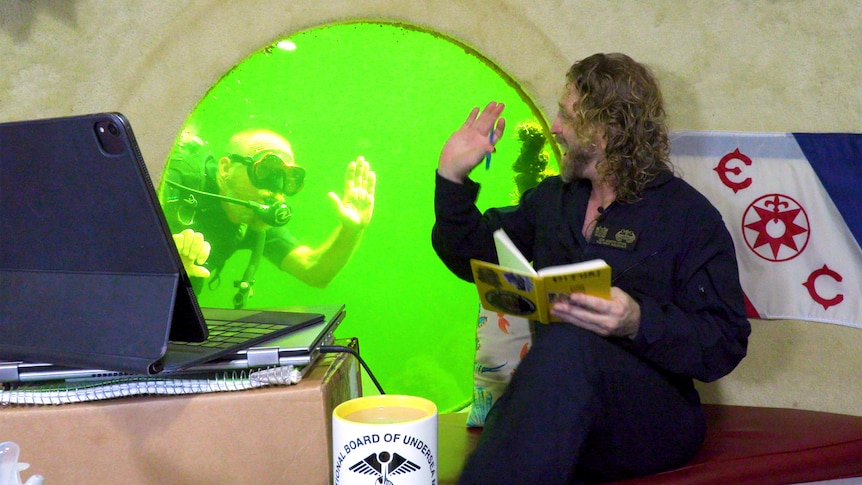
A Scientific Mission With Groundbreaking Potential
Project Neptune 100 was created to push the boundaries of biomedical research by studying how hyperbaric pressure environments impact human physiology. Living 30 feet beneath the surface, Dr. Dituri experienced a constant increase in pressure—approximately 1.6 times the atmospheric pressure at sea level.
The aim of the experiment included evaluating:
-
Cellular aging
-
Cognitive performance
-
Cardiovascular health
-
Sleep quality
-
Inflammation and recovery
These findings could influence future treatments for aging, trauma recovery, and neurological conditions.
Telomere Growth: A Surprising Sign of Cellular Rejuvenation
One of the most astonishing discoveries came from DNA analysis. After resurfacing, tests revealed that Dr. Dituri’s telomeres had lengthened by 20%.
Telomeres are protective caps at the ends of chromosomes. Normally, they shorten with age, stress, and poor health. Longer telomeres are associated with:
-
Slower cellular aging
-
Better immune function
-
Improved longevity
This unexpected improvement suggests that long-term exposure to controlled pressure environments may help slow or reverse certain aging processes, opening the door to future medical applications in anti-aging therapy.
Increased Stem Cell Count and Regeneration
Another notable result was the increase in Dr. Dituri’s stem cell count. Stem cells help repair damaged tissues, support recovery, and maintain overall health.
Higher stem cell activity is linked to:
-
Faster healing
-
Reduced inflammation
-
Improved physical resilience
These enhancements could someday be harnessed in regenerative medicine or therapeutic recovery programs.
Major Improvements in Cholesterol and Inflammation
During the 93-day underwater stay, Dr. Dituri also showed dramatic improvements in metabolic and cardiovascular health:
-
Cholesterol dropped by 72 points
-
Inflammation markers decreased significantly
-
Blood pressure stabilized
This suggests that hyperbaric environments may help regulate metabolic functions and reduce chronic inflammation—two major factors in aging and disease.
Exceptional Sleep Quality Under Pressure
One of the most consistent benefits throughout the mission was Dr. Dituri’s sleep quality. Using sleep trackers, researchers found that he spent 60–66% of each night in REM sleep, well above the typical 20–25% seen in healthy adults.
REM sleep is crucial for:
-
Physical recovery
-
Memory formation
-
Stress reduction
-
Cognitive performance
These findings hint at the possibility that hyperbaric environments may naturally help restore circadian rhythms and enhance mental well-being.
What This Experiment Means for Future Medicine
Although more research is needed, Dr. Dituri’s mission suggests that controlled pressure environments may:
-
Reduce inflammation
-
Improve cellular repair
-
Enhance sleep
-
Slow aspects of aging
-
Benefit brain and cardiovascular health
Future studies could lead to breakthroughs in hyperbaric medicine, a growing field already used to treat injuries, infections, PTSD, and neurological disorders.
This experiment may ultimately influence the development of new therapies for:
-
Aging and longevity
-
Tissue regeneration
-
Sleep disorders
-
Chronic inflammation
-
Deep-sea and space exploration medicine
Conclusion: A Record-Breaking Mission With Life-Changing Implications
Dr. Joseph Dituri’s 93 days underwater did more than break a world record—it rewrote what scientists know about the human body’s adaptability. His findings suggest that the underwater environment may offer powerful health benefits far beyond expectation.
Project Neptune 100 is now considered a landmark experiment that could inspire new technologies, new treatments, and a new understanding of how humans can thrive in extreme environments.
News in the same category


Superfetation: The Rare Phenomenon of Becoming Pregnant While Already Pregnant

The Extraordinary Survival Story of Bahia Bakari: The Sole Survivor of Yemenia Flight 626
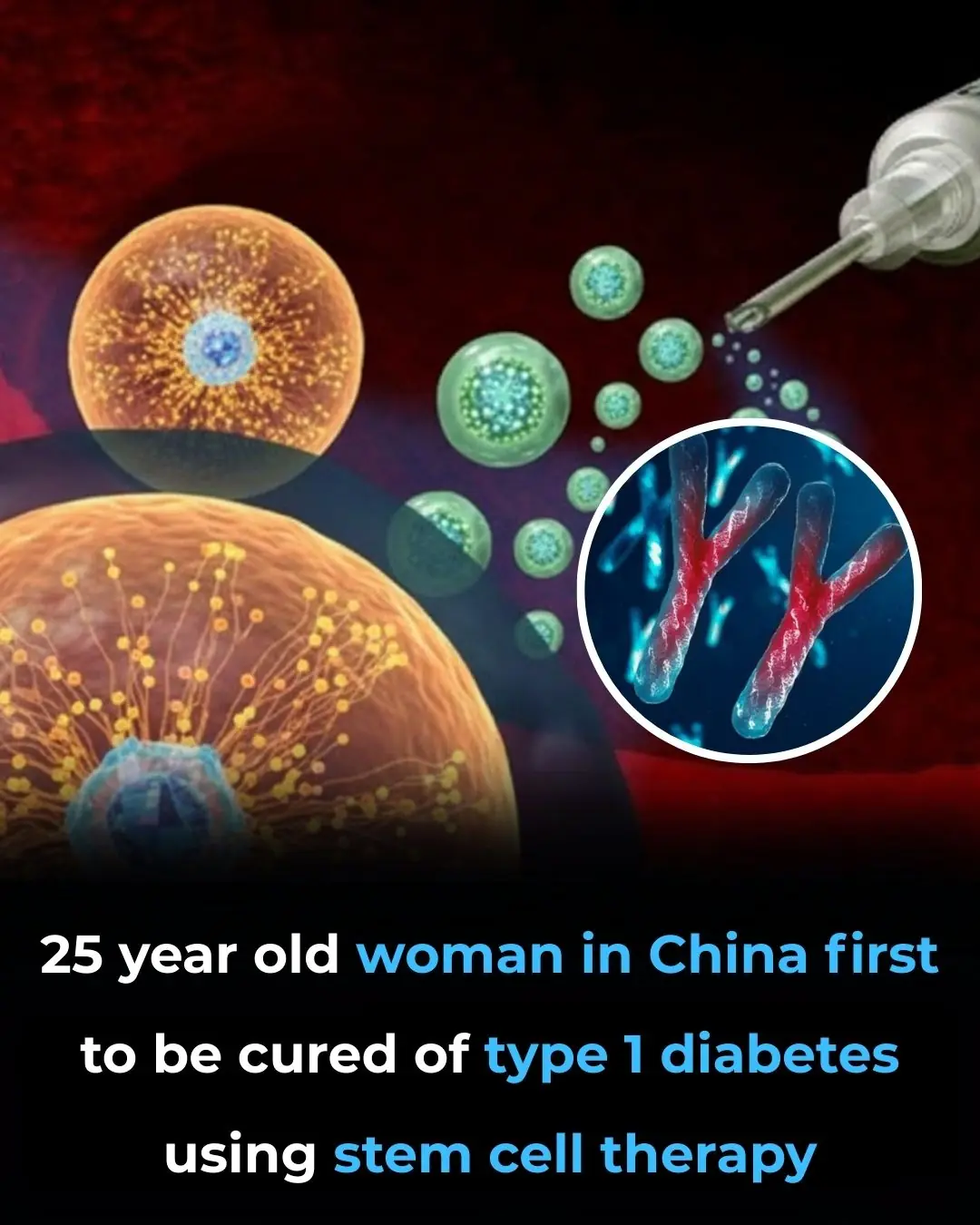
First Person Cured of Type 1 Diabetes Using Stem Cell Therapy: A Groundbreaking Medical Achievement

Gray Hair: A Natural Defense Against Cancer, New Study Suggests

Young Student's Determination to Support His Education Inspires Viral Act of Kindness

MIT Scientists Develop Injectable Gel to Regenerate Damaged Nerves and Restore Sensation
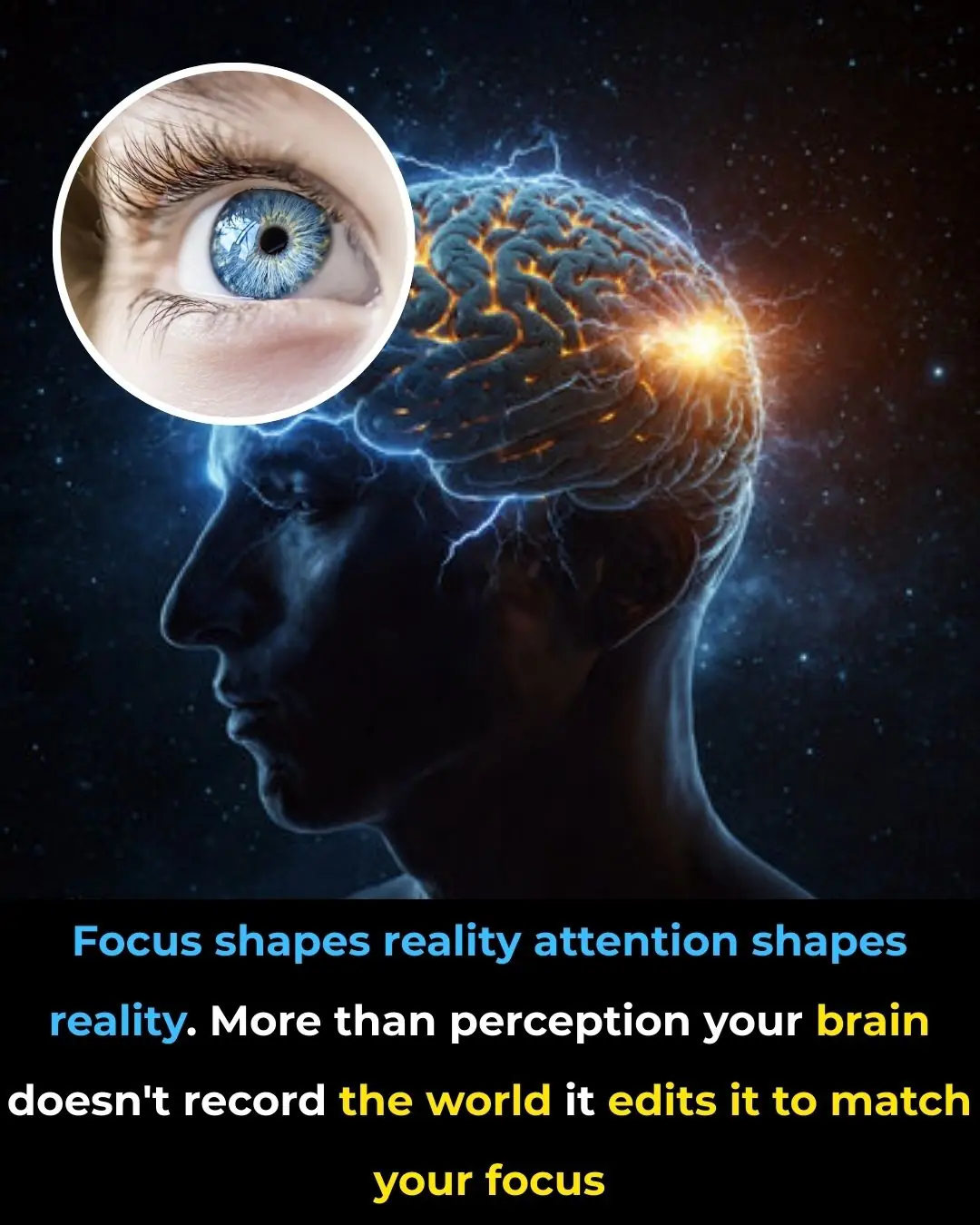
How Attention Shapes Reality: The Neuroscience Behind Focus and Perception

From Fear to Trust: A Dog's Journey of Healing and Love
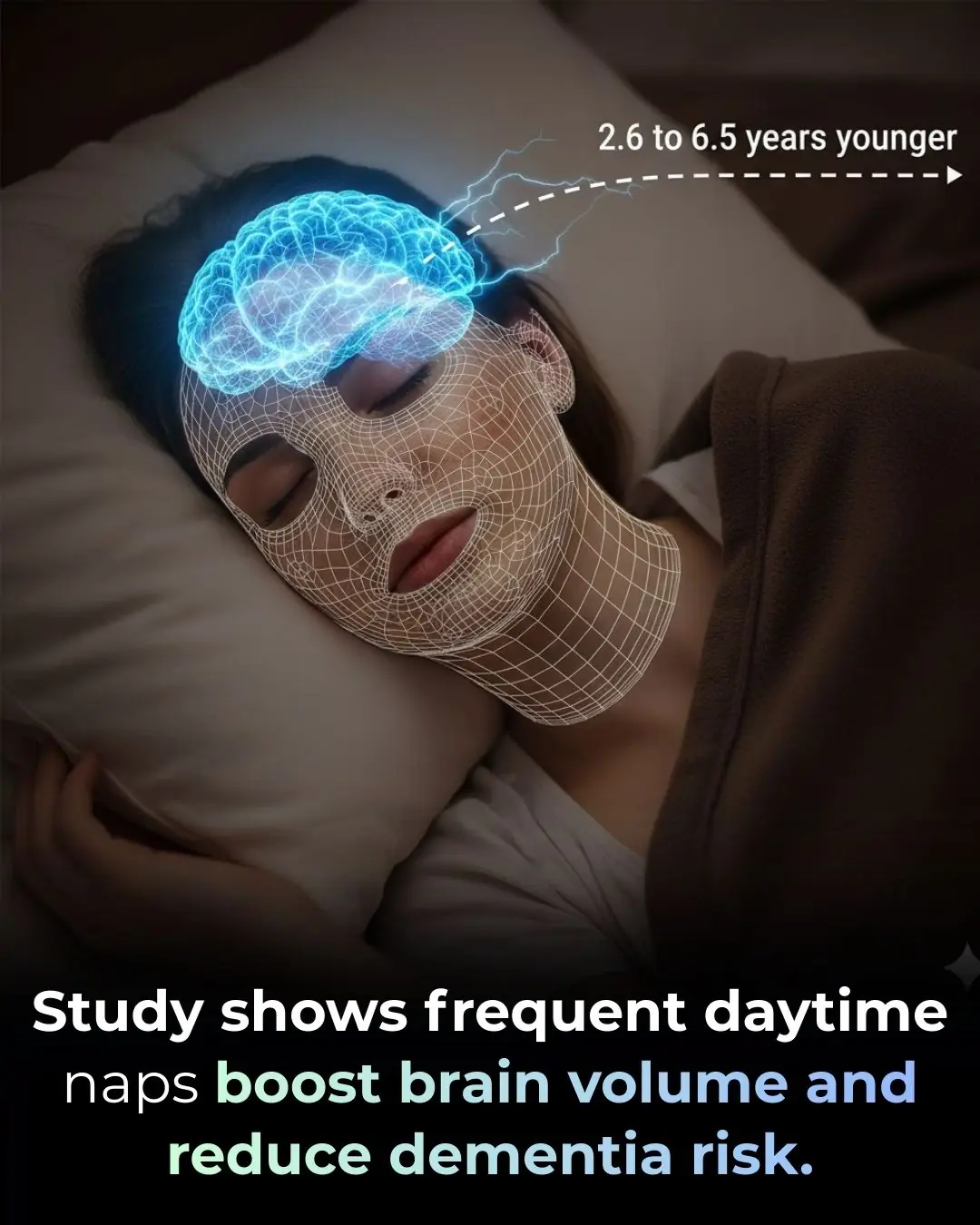
Frequent Daytime Naps Linked to Larger Brain Volume and Healthier Aging

Study Reveals: Parents of Sons Experience Sharper Cognitive Aging
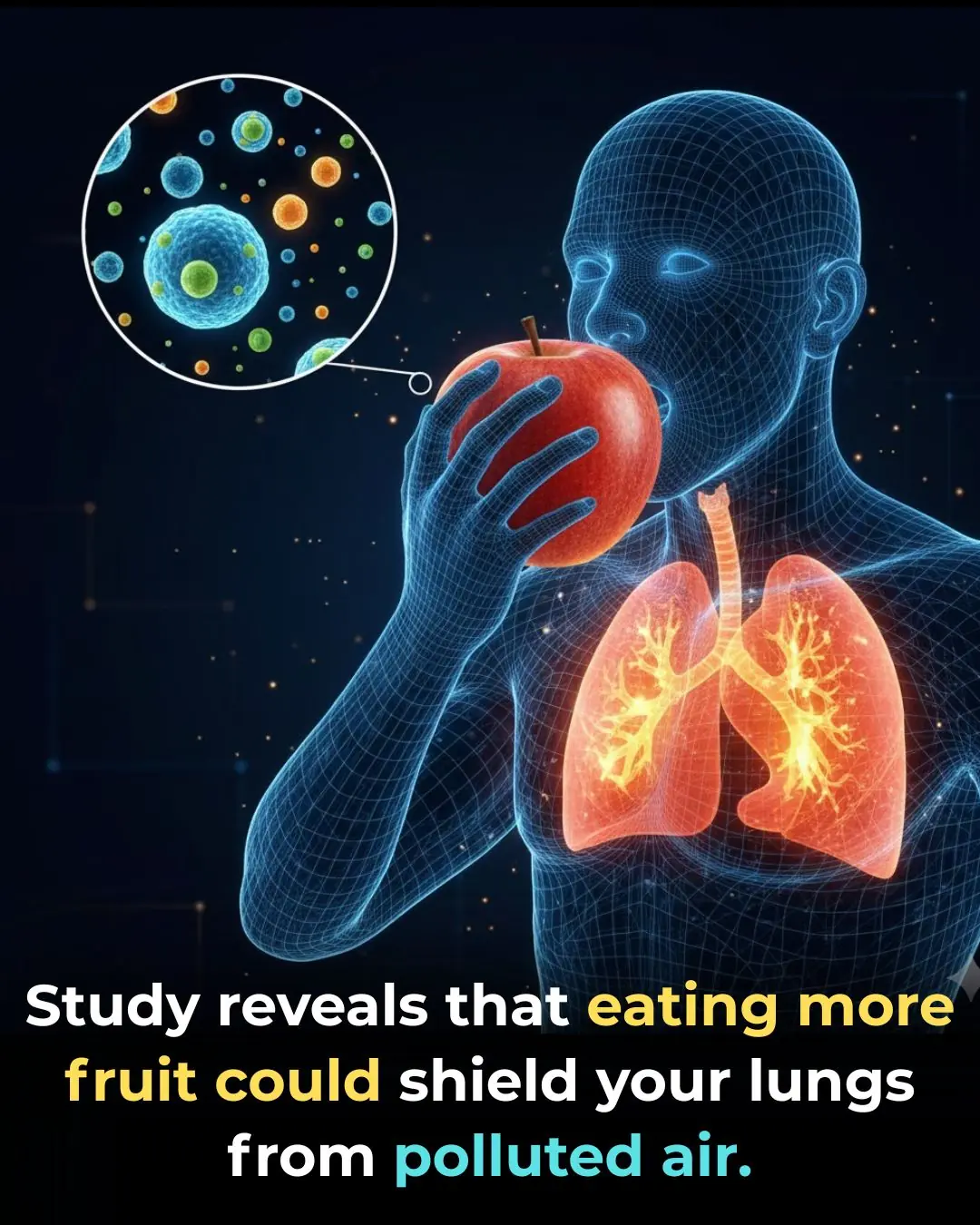
The Surprising Link Between Fruit Consumption and Stronger Lung Health

The 37-Dimensional Photon: A Breakthrough That May Transform Quantum Computing
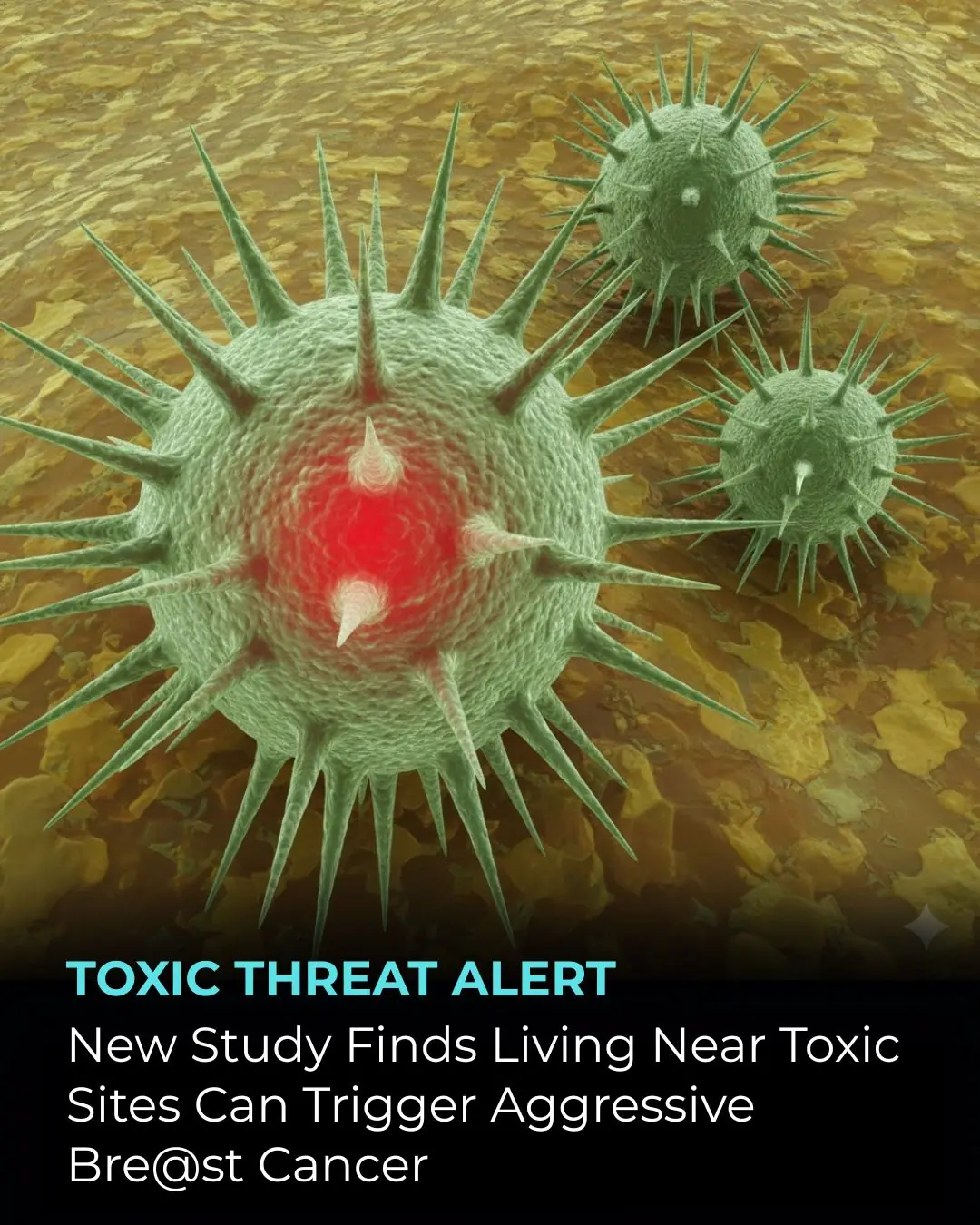
New Research Reveals Toxic Exposure May Drive More Dangerous Breast Tumors
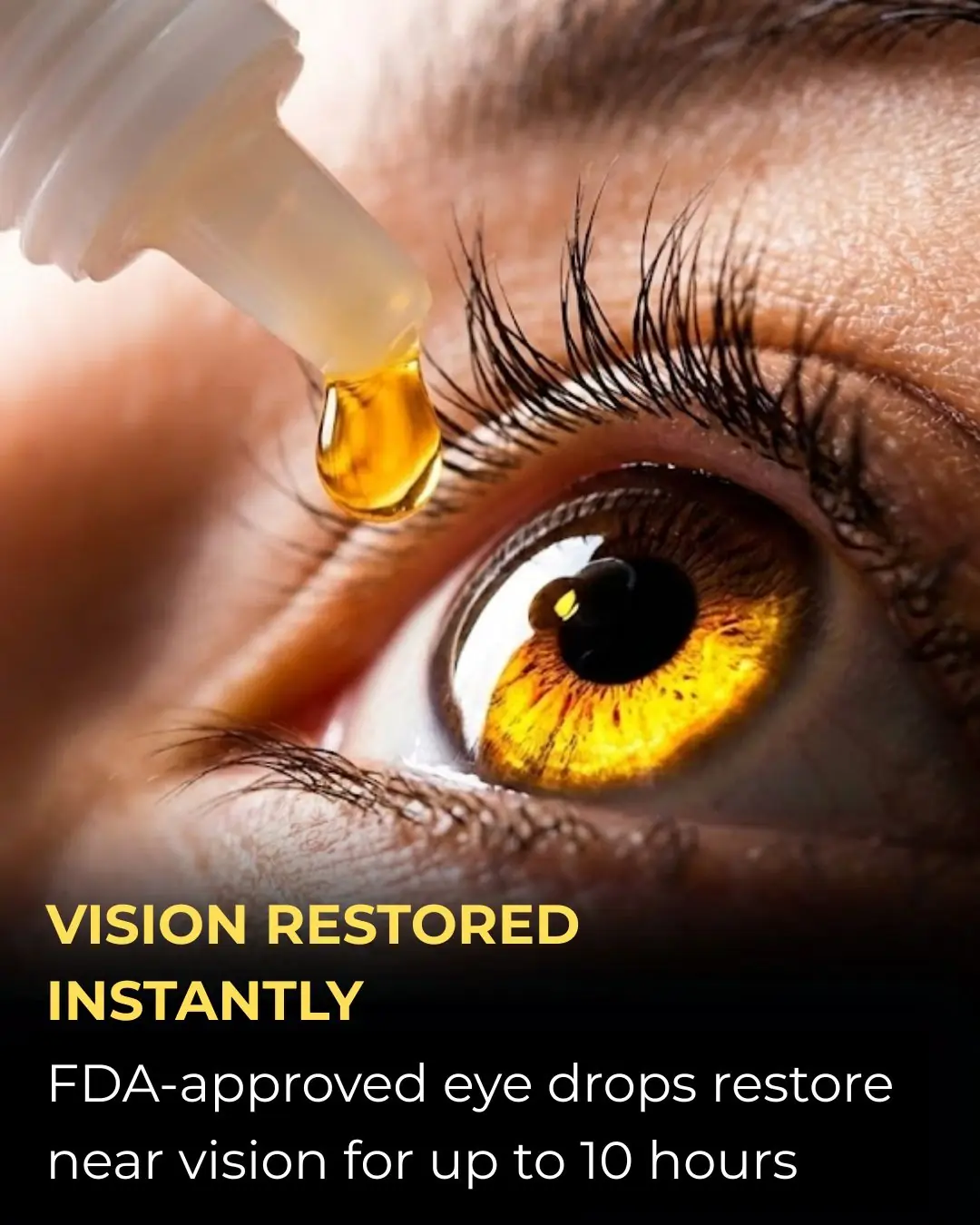
Revolutionary FDA-Approved Drops Restore Clear Near Vision Without Glasses

Student forgot he invested $27 in Bitcoin for school project and returned to stunning fortune years later
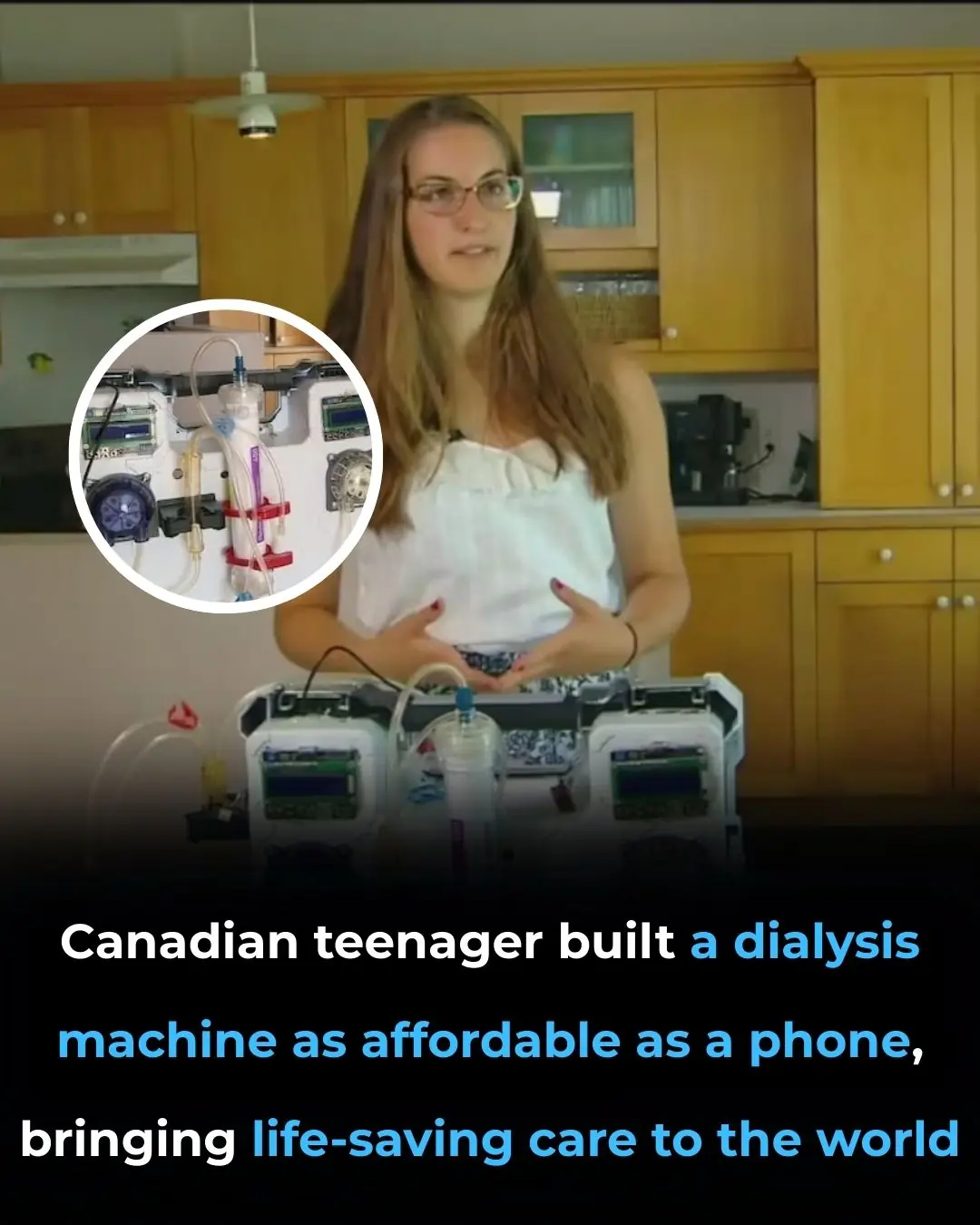
Teen Inventor Creates Affordable Dialysis Machine, Revolutionizing Global Healthcare

PepsiCo Removes Petroleum-Based Dyes from Doritos, Paving the Way for Healthier Snacking

From Tragedy to Hope: How Compassion Saved a Life in Rural China
News Post

What if you ate 4 eggs a day with the yolks for 30 days?
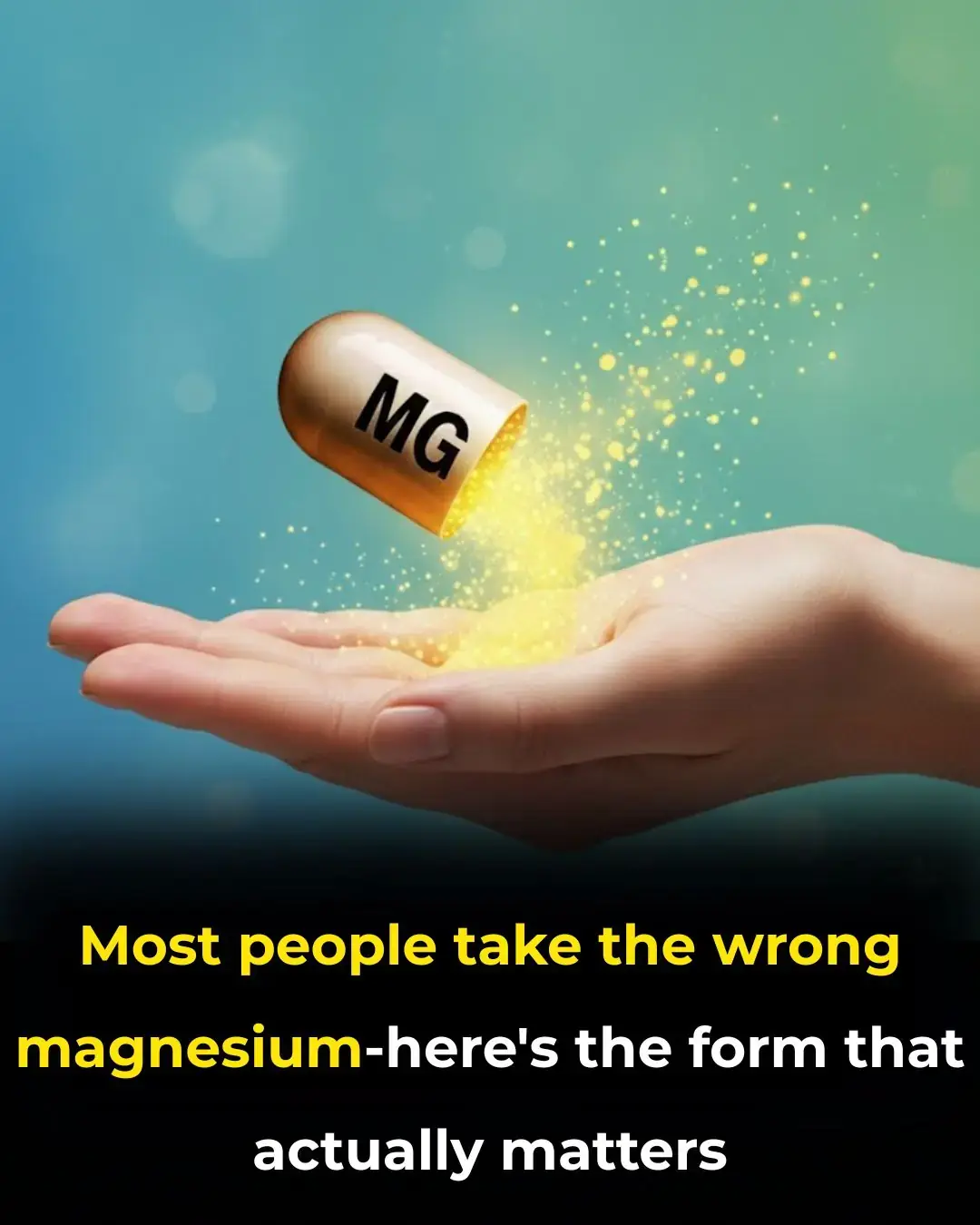
You’ve Been Taking The Wrong Type of Magnesium All This Time

This Salt, Pepper and Lemon “Miracle-Mix” Can Help Solve 9 Problems
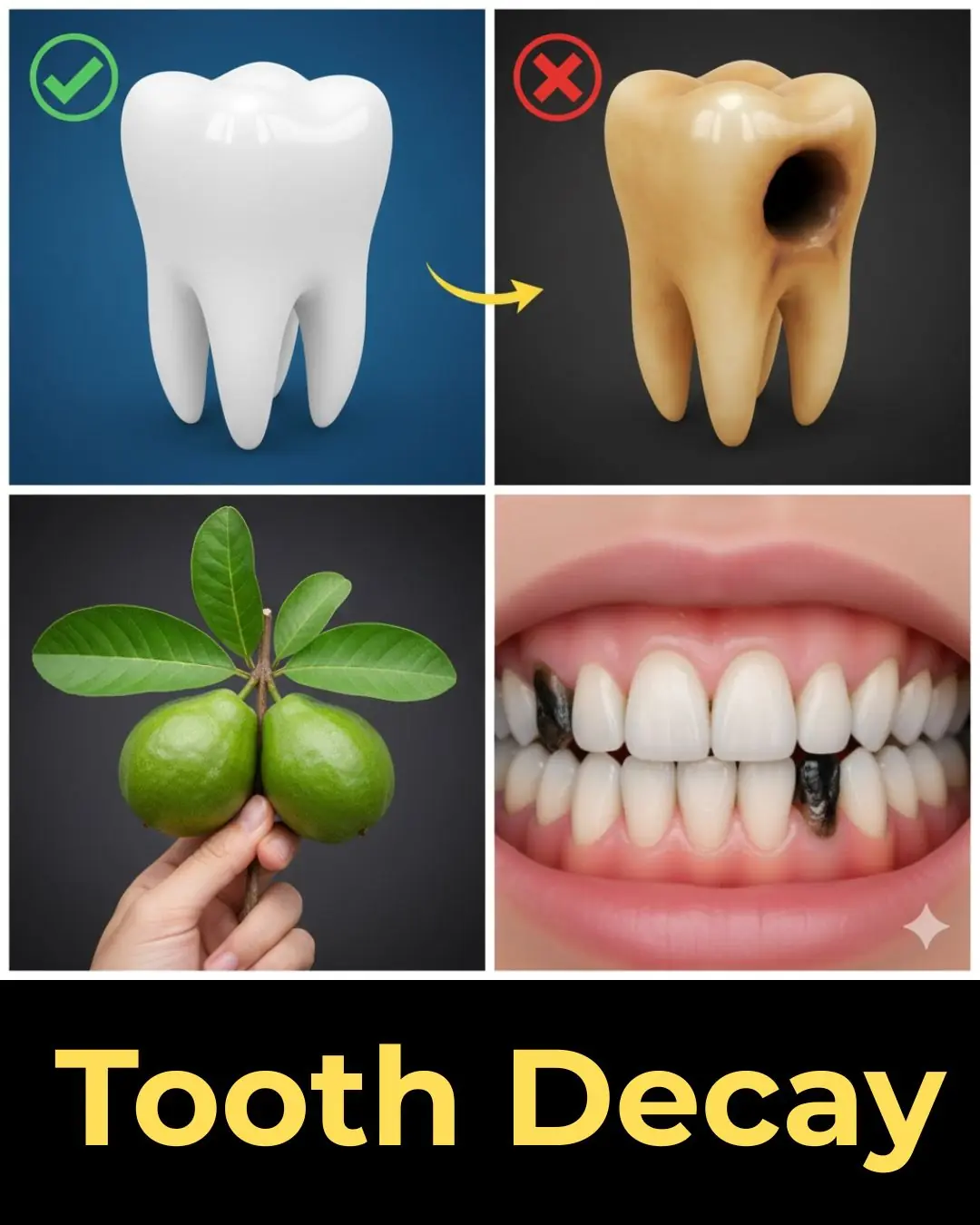
Tooth Decay Repair with Natural Remedies: Can Guava Leaves Help?

Onion Oil for Hair: The Smelly Secret to Long, Lush Locks

What does it mean to walk with your hands behind your back?

The Hidden Power of Mango Seed
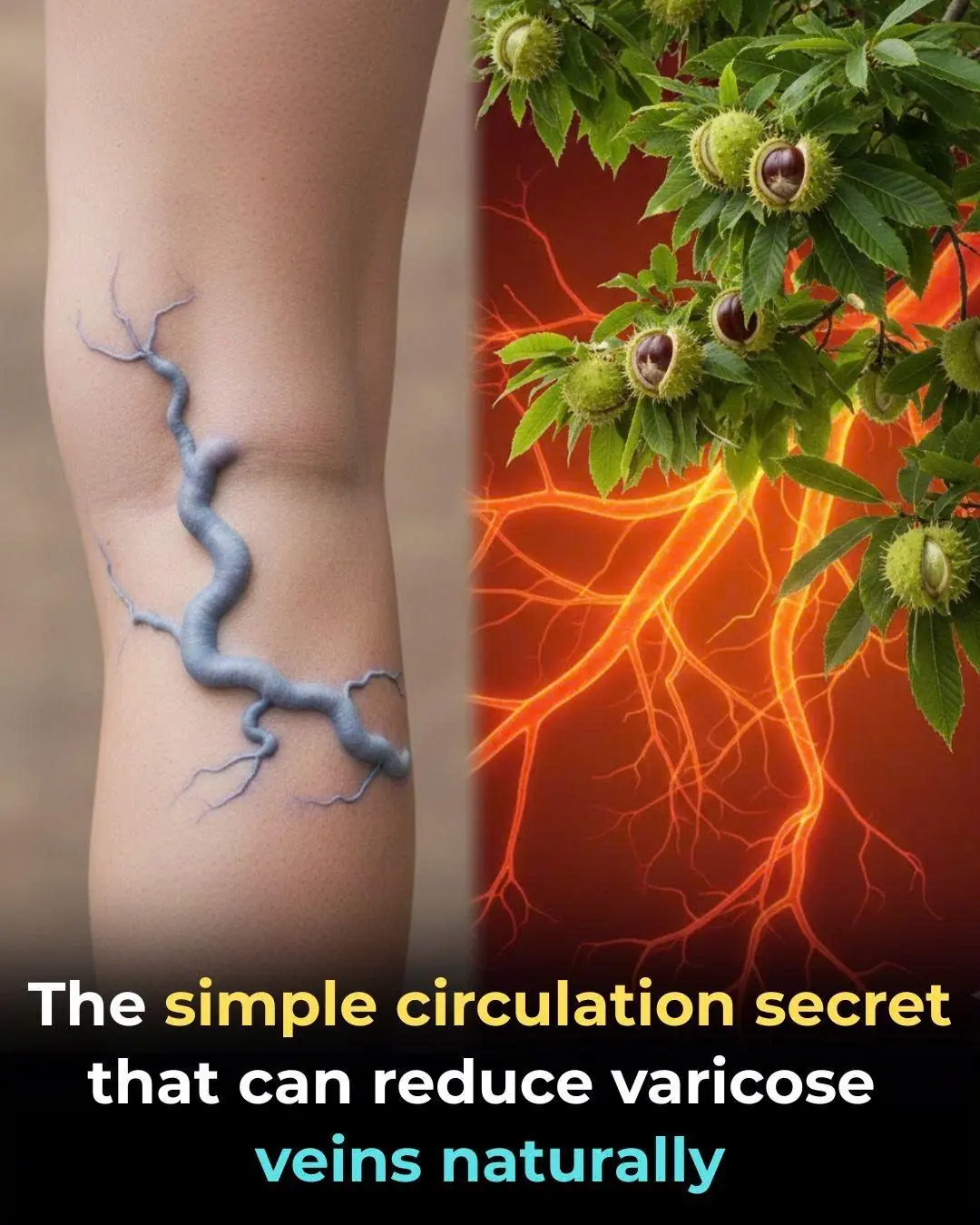
The simple circulation secret that can reduce varicose veins naturally

Doctors Reveal What Really Happens When You Eat Avocado Every Day
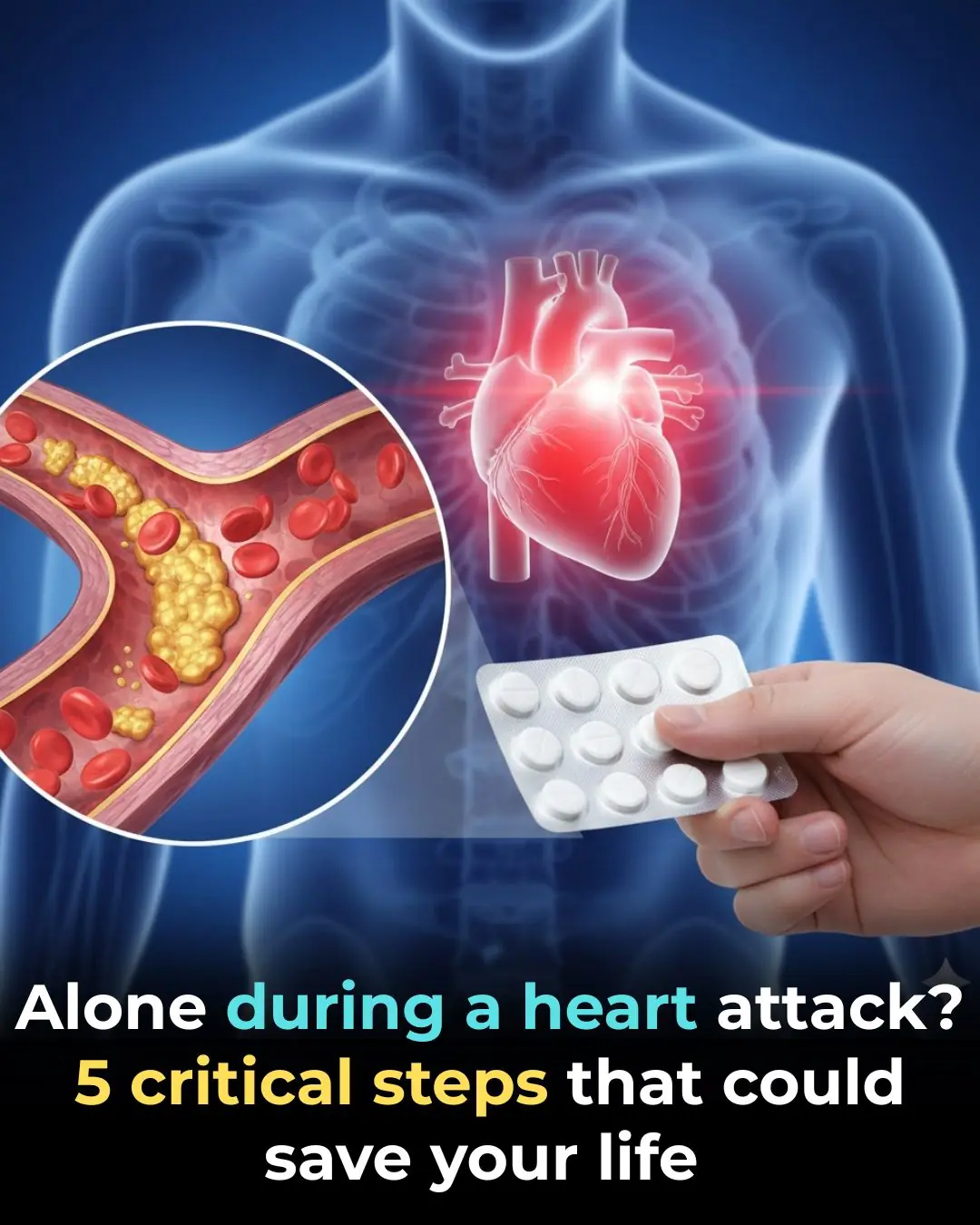
Home Alone During a Heart Attack …5 Critical Steps That Could Save Your Life

Rice Baby Oil Collagen Cream For Wrinkle Free Glowing Skin
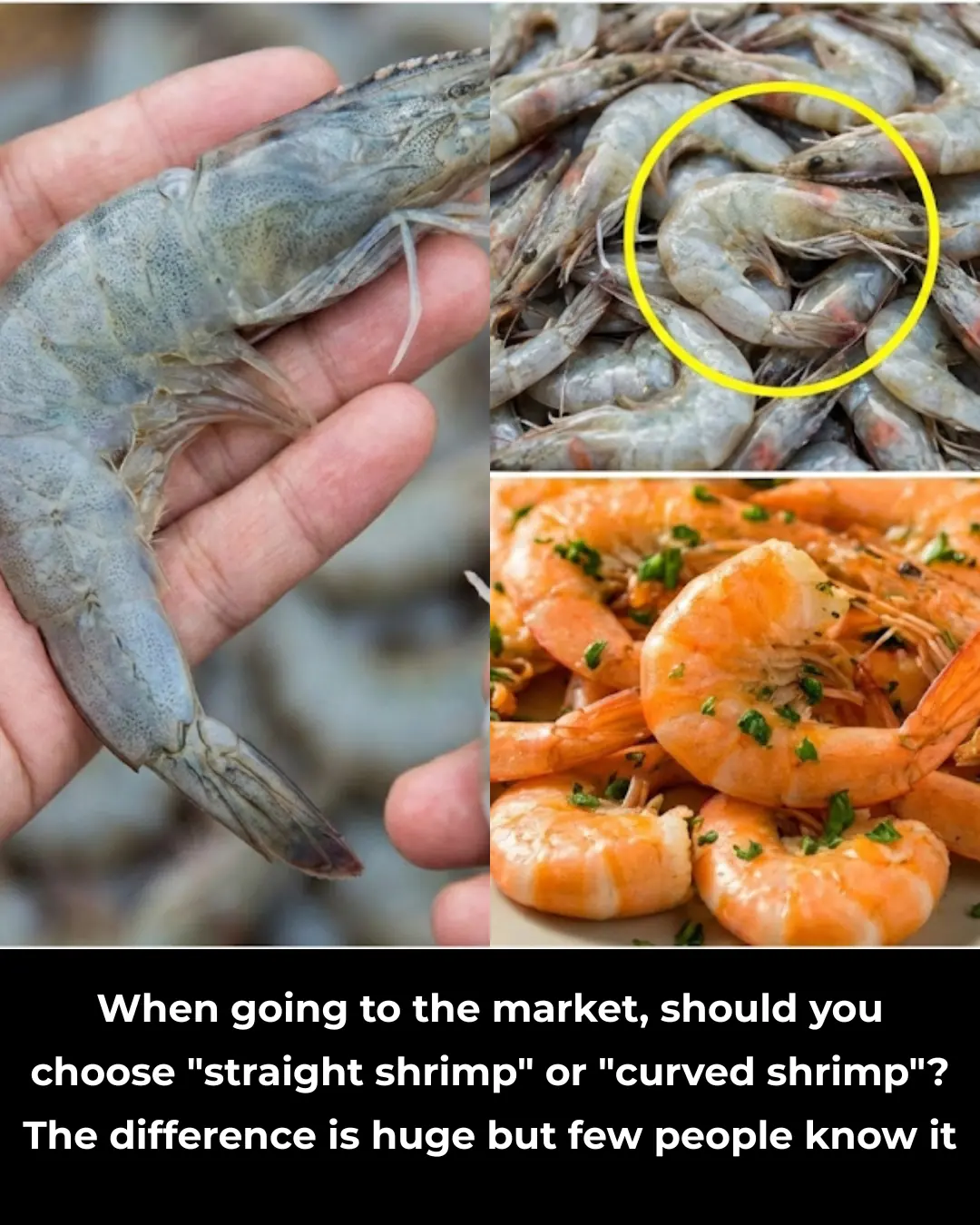
When Buying Shrimp: Should You Choose Straight or Curved Ones? The Difference Is Huge but Few People Know

Tiny Wings, Mighty Legacy: How Bees Create Honey and Sustain Life on Earth

Don’t Throw Away Overripe Bananas – The Black-Spotted Ones Are a Nutritional Treasure
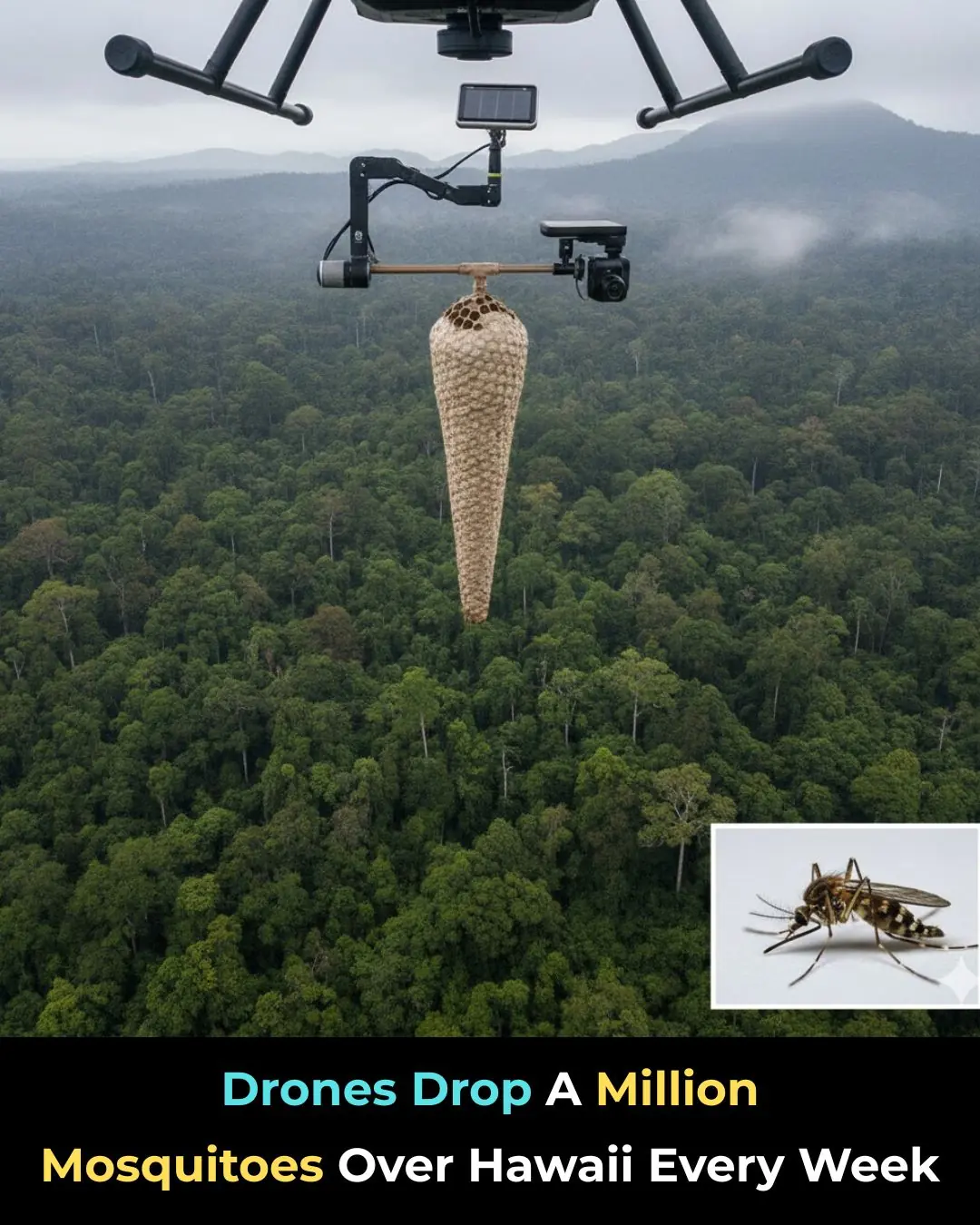
Hawaii Is Releasing Mosquitoes From Drones — And It Could Help Save Species From Extinction
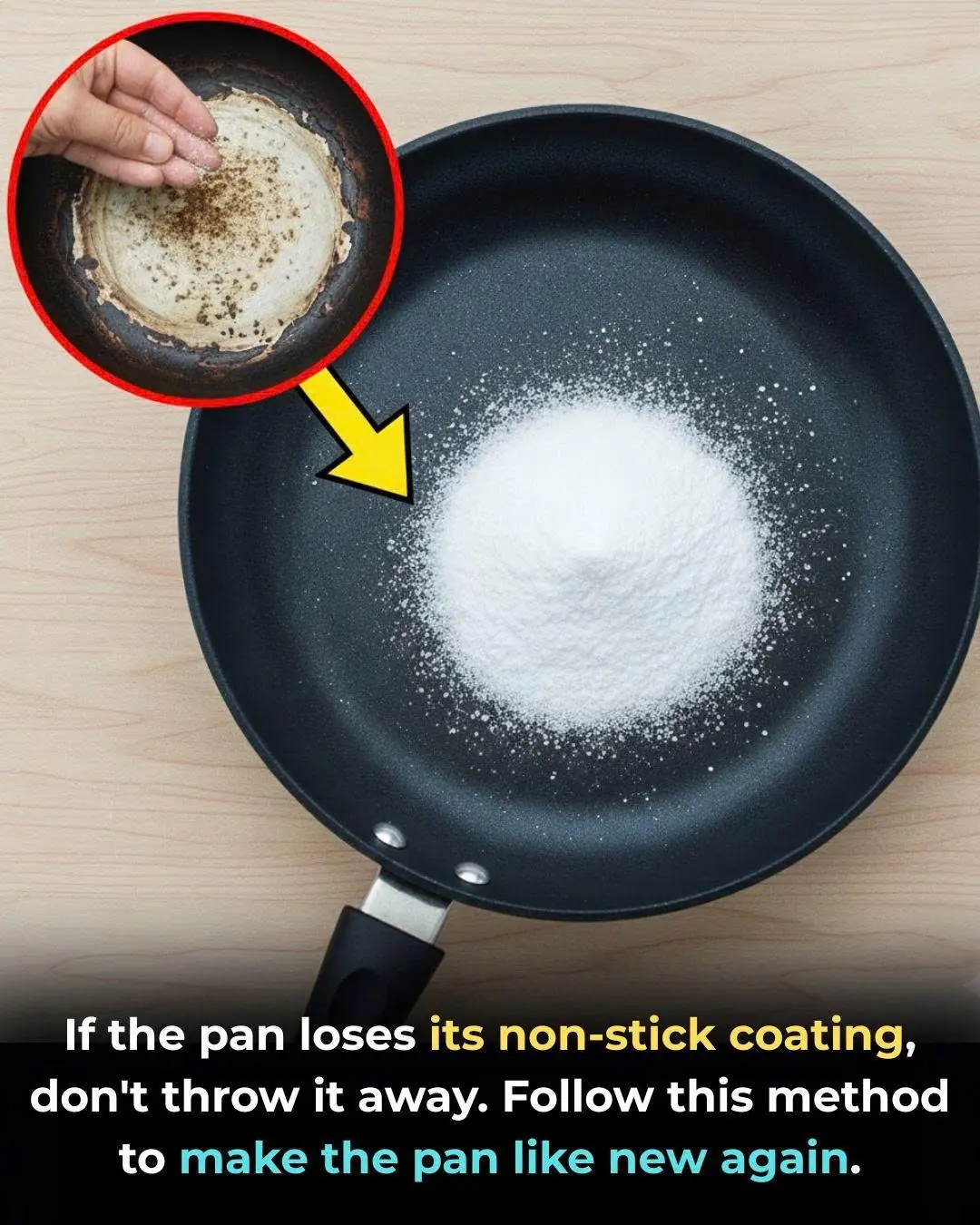
Your Non-Stick Pan Lost Its Coating? Don’t Throw It Away – Here’s How to Use It Like New

Superfetation: The Rare Phenomenon of Becoming Pregnant While Already Pregnant

How to Choose the Best Apples: The Crispest, Sweetest, and Most Nutritious Ones (Updated for Nov 11, 2024)
